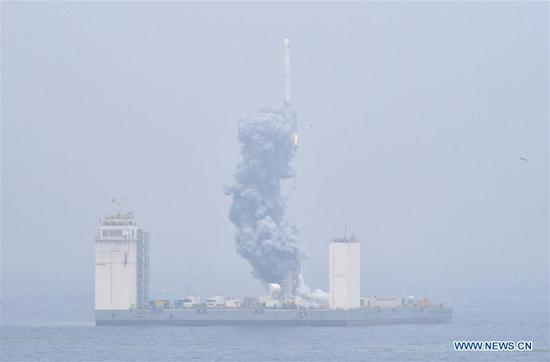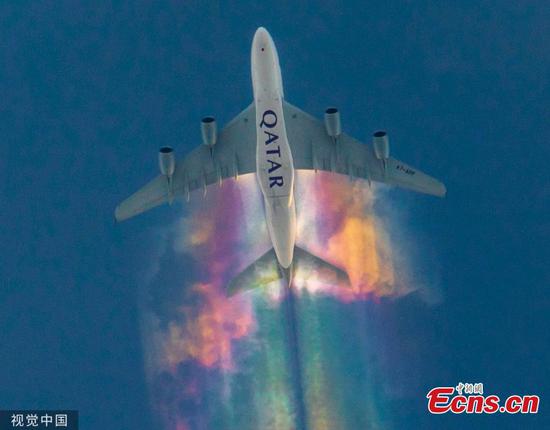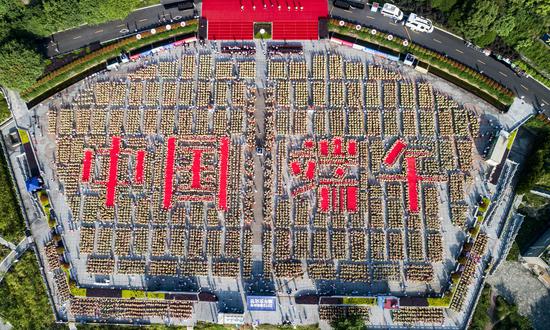Unnecessary concerns
"The 'Age of Apollo' is over and the Chang'e era has dawned," The Diplomat wrote on May 29, noting that China's 30-year space goals (2019-2049) put Beijing clearly in the lead with regard to space-renewable energy generation, industrialization, and resource utilization.
"One major concern for the United States is China's massive efforts to integrate its commercial space industry with its defense industrial base, which is helping accelerate innovation in counterspace systems," said SpaceNews in 2018.
"It makes no sense for the U.S. to have such concerns because we do not want to make outer space a battleground," Huang Zhicheng, an expert on space technology, told the Global Times.
He said China proposed building a community with a shared future for mankind, which also applies to outer space. He added that there are no boundaries and no sovereignty in outer space, and it should be the common wealth of mankind.
"Conducting international cooperation in outer space has been China's consistent position," Huang noted.
In addition, the U.S. government has been striving to design the layout for the future of outer space through cooperation with private space companies.
The U.S. Defense Advanced Research Projects Commission (DARPA), which plays an important role in U.S. military innovation, has been making great efforts to support both traditional commercial space companies and a group of new ones.
For example, DARPA awarded SpaxeX an $8 million contract under its Falcon Small Launch Vehicle program to develop and demonstrate affordable space launch capability, according to George Washington University Van Vleck Research Professor Lewis D. Solomon in his book The Privatization of Space Exploration: Business, Technology, Law and Policy. Under the agreement, DARPA funded the first launch of SpaceX's Falcon 1 rocket in March 2006, he wrote.
Even after the launch failure of Falcon 1, DARPA continued to provide support to SpaceX, contributing greatly to the company's growth.
Huang said that in the military space sector, the U.S. believes the diversified features of commercial space launches and satellite services can increase the guarantee of success in space missions.
"Taking advantage of commercial space companies will have a significant strategic value for the U.S. in dealing with strategic competition in space in the future," Huang said.
He told the Global Times that developing the commercial space industry will bring a breakthrough in China's civil-military integration strategy, as space technology is seen as having both civilian and military use.
Private rocket makers echoed Huang's view. "I think private space companies could act as a helpful supplement to China's national space team. The national team should carry out large and major programs, while private space firms could have greater space to develop the field by sending small- and medium-sized satellites in pursuit of economic benefits," said Peng Xiaobo, CEO of iSpace.

















































